English is a confusing language. Simple words can have opposite meanings or different implications. It all depends on the context. Here’s some examples …
Read more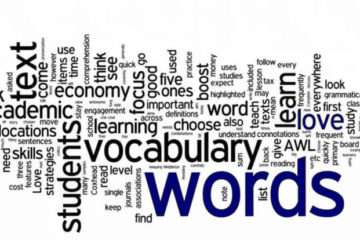

English is a confusing language. Simple words can have opposite meanings or different implications. It all depends on the context. Here’s some examples …
Read more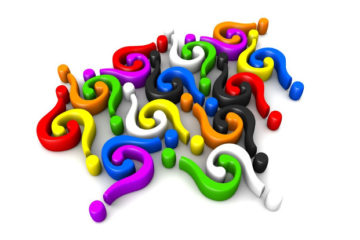
There’s and old saying that the computing industry is confusing mass of TLAs (Three-Letter Acronyms) and ETLAs (Extended Three-Letter Acronyms[…]
Read more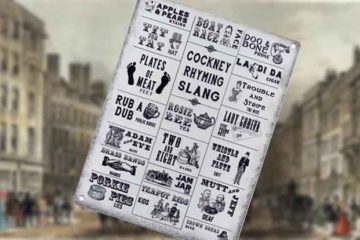
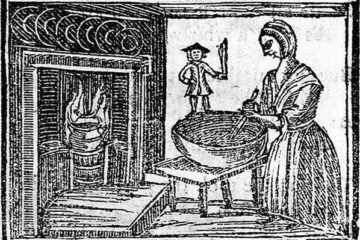
Whether you’re miffed, waffling, ticket-boo or taking the Mickey, the English language is full of words with odd derivations. Just don’t pop your clogs before reading this…
Read more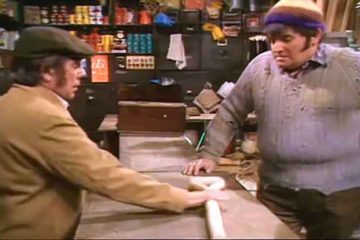

My late mother thought Gladly was rather a nice name for a bear, but as a child she could never[…]
Read more
The longest word in the English language is a whisker under 190,000 letters long and would take over an hour[…]
Read more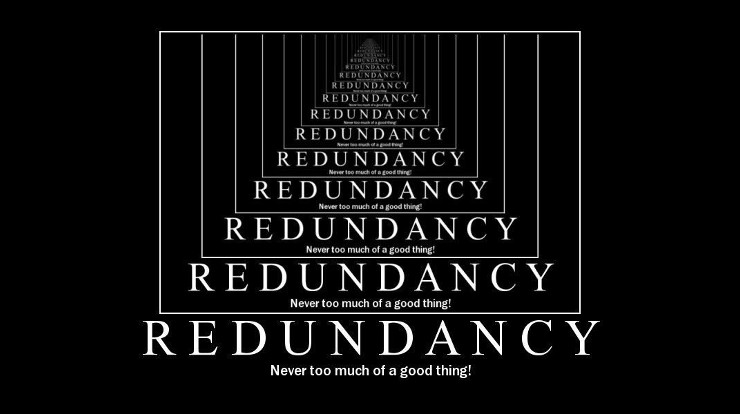
Benjamin Dreyer has compiled a list of redundancies, surplus words to delete from your writing where you’ve used two words[…]
Read more
Some years ago, a German friend – who speaks very good English – was visiting New Zealand and boarded a[…]
Read more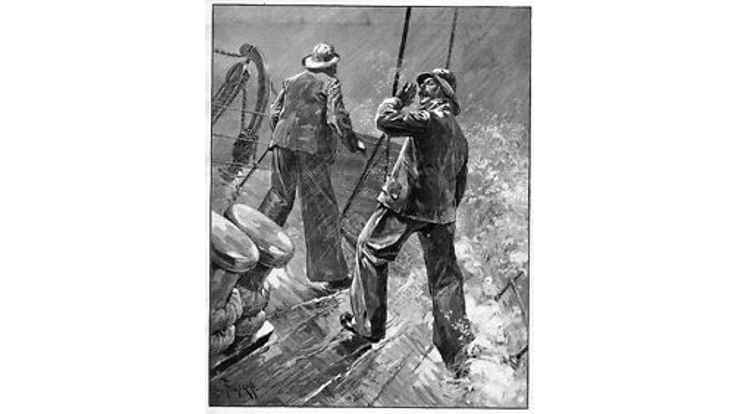
Many familiar English words and phrases have interesting derivations, and because England was once a great sea power, a surprising[…]
Read more